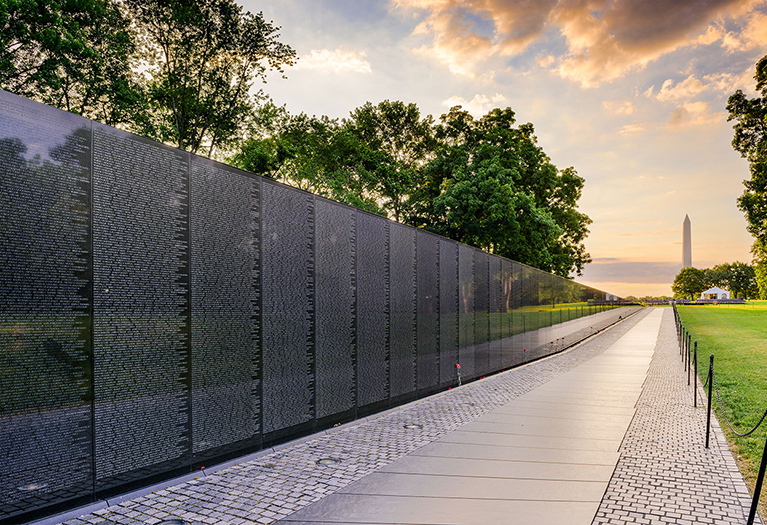Peace and Conflict Studies

Program Information
This major includes a strong core of Political Science courses, supported by offerings in Anthropology, English, Entrepreneurship and Innovation, History, Journalism, Organizational Communication and Leadership, Philosophy, Religion, Sociology, and Spanish. Sample courses in this program include:
- PACS/PO 102 – Introduction to Peace and Conflict Studies
- PACS/PO 220 – Community Mediation
- PO 230 – Activism
- PACS/PO 322 – International Conflict and Peace Building
- AN 320 – Gender and Sexuality in Globalization
- El 325 – Social Entrepreneurship
See all Peace and Conflict Studies major curriculum information
See all Peace and Conflict Studies minor curriculum information
The Peace and Conflict Studies major can be completed in a total of three years. More information can be found here.

The Butler Advantage
The interdisciplinary Peace and Conflict Studies program seeks to promote a critical understanding of the nature and dynamics of violent conflict and the conditions and practice of peace from the local to the global levels.
Acquire a complex understanding of the nature and origins of violence, its dynamics, different manifestations and modes of expression.
Better understand when, why, and how conflict occurs and the different means by which conflicts are expressed, persist, and are resolved.
Critically evaluate and devise strategies for peace through reflection on different ethical, religious, philosophical, and cultural approaches to peace, the work of major thinkers and activists, and public policy.
Develop knowledge, analytical skills, and practical training through case studies and historical precedents, constructive dialogue and research, and experiential learning opportunities.
Meet Your Faculty
View All Faculty
Department of Philosophy and Religion
View more about Chad Bauman

Political Science – LAS
View more about Robin Turner

Political Science – LAS
View more about Siobhan McEvoy-Levy
REQUEST INFORMATION
Whatever path you’re interested in pursuing, there’s a place for you at Butler.

